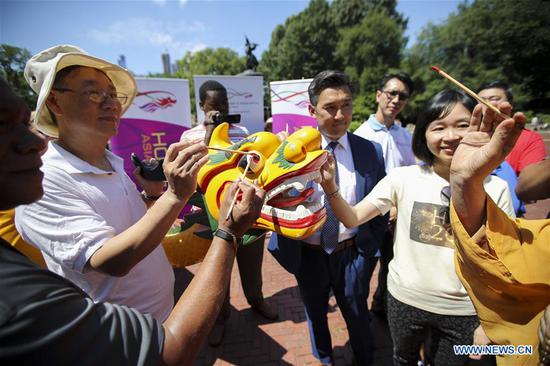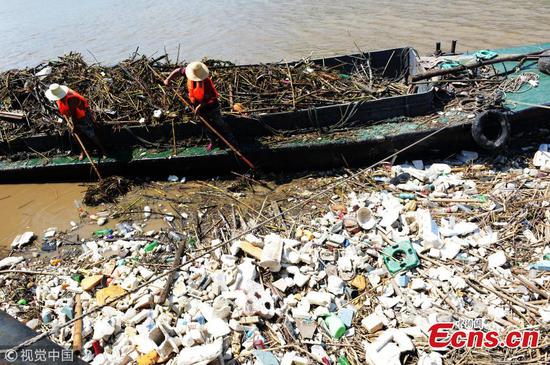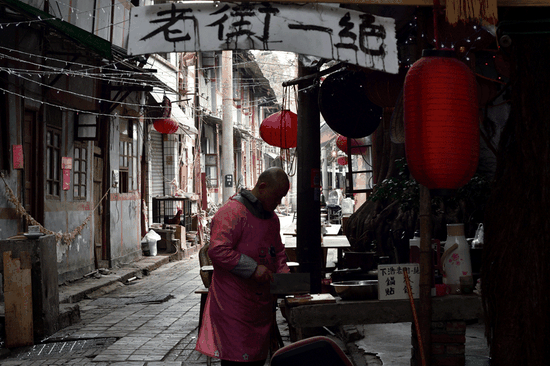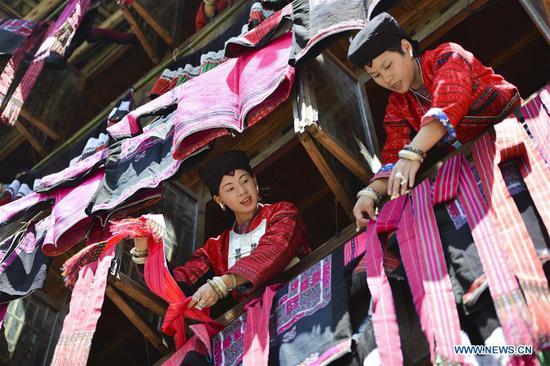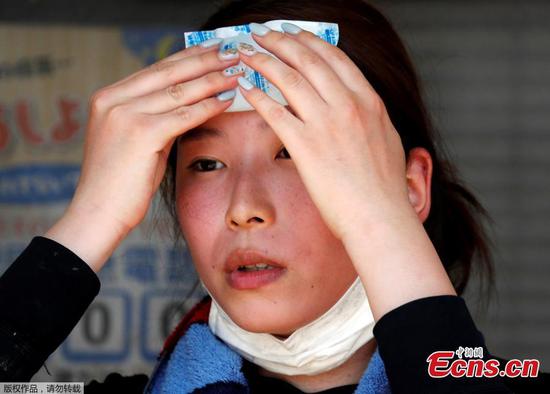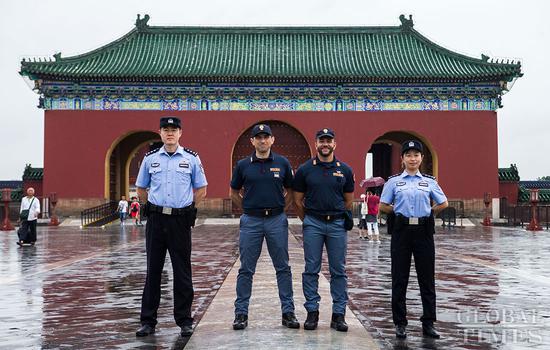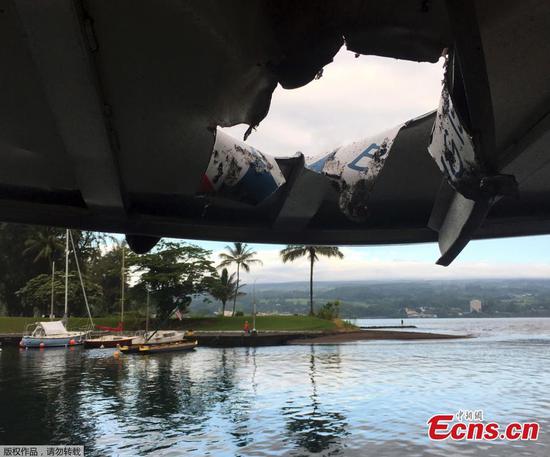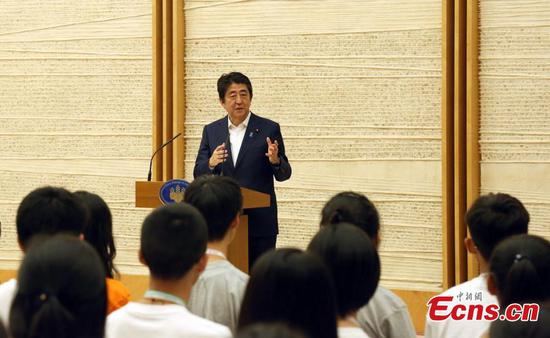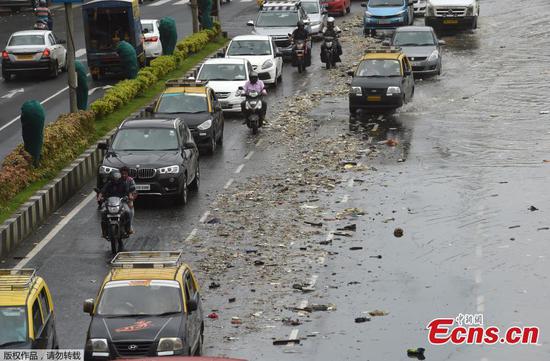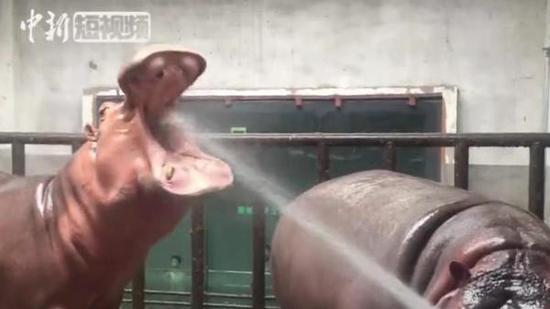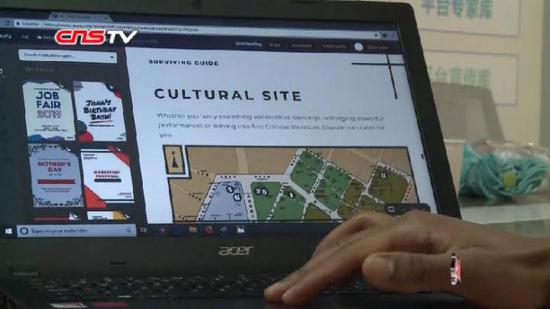All-out effort
Five years ago, China's authorities decided to redouble their efforts against defaulters because the growing number of complaints about inadequate verdict enforcement was affecting the development of the social credit system, which focuses on four areas: honesty in government affairs; commercial integrity; social integrity; and judicial credibility.
Since then, the Supreme People's Court has put verdict enforcement at the top of its agenda and taken a series of steps to speed up the process.
The top court has also cooperated with a number of government departments to widen the scope of the restrictions.
For example, last month a court in Huian county, Fujian province, informed a defaulter surnamed Lin that his two children could not be educated at an expensive private school because he had consistently ignored a court ruling. The move was in accordance with a regulation issued by the top court.
"We imposed the ban because Lin said he had no money to pay the fine, but we later discovered that he had paid expensive fees for his children's education," said a statement released by the local court, which added that it had suggested the children be transferred to a public school.
The deeper cooperation means defaulters are no longer allowed to become deputies to the National People's Congress, and they are also banned from acting as legal representatives or company executives. Furthermore, they are not allowed to obtain bank loans to set up companies.
"People feel inconvenienced in every field if they aren't credible in one aspect of their lives. That's the aim of these bans," said Meng, from the top court.
Li, from the court in Chaoyang, said the imposition of bans has resulted in the settlement of 10 percent of the court's longest-running cases. He added that the platform for identifying defaulters' assets has also contributed to quicker compliance with verdicts.
Wang echoed that sentiment. "In 2009, I could visit six banks a day by car at most, and sometimes I failed to find any assets. But now, the platform helps me handle dozens of cases every day. It not only helps to identify defaulters' assets, but can also freeze them almost immediately," he said.
Statistics issued by the top court show that the platform has extended its reach from 20 banks in 2014 to 3,800 banks and 16 government departments, including financial regulatory commissions and the Ministry of Public Security. It also enables judges to identify 25 types of asset, such as securities, savings and automobiles.
Criticism
Despite the general success of the system, some criticisms have been leveled.
For example, the restriction preventing defaulters from sending their children to expensive schools has sparked controversy because some people believe it is unfair to the children.
Moreover, some courts have been accused of excessive exposure for providing livestreams or posting footage on popular short-video platforms of judges identifying and seizing assets to explain why a debtor had been placed on the blacklist.
However, Wang said these concerns would not exist if every court were able to clearly distinguish defaulters from those without the immediate means to pay.
"We must only blacklist and ban those people who can afford court-ordered payments but refuse to do so. People who lose lawsuits and have no assets to pay their debts are not our target," he said, adding that judges should be wary of disclosing too many private details when listing defaulters online.
In addition, some legal professionals feel the regulations related to the list and platform must be tightened. Li, the judge at the court in Chaoyang, said the 30 documents released by the top court to regulate the actions of lower-level tribunals lack bite and cohesion.
"What we need most is a more powerful enforcement law that would reduce legal overlaps and prevent confusion," he said.
Song Chaowu, a law professor at China University of Political Science and Law in Beijing, said new legislation should be drawn up as soon as possible so the existing regulations can be clarified and integrated into a single law that would help judges solve problems more easily.
"The basic, fragmented regulations and rules in use at present could lead to confusion or even errors in verdict enforcement," he said.












